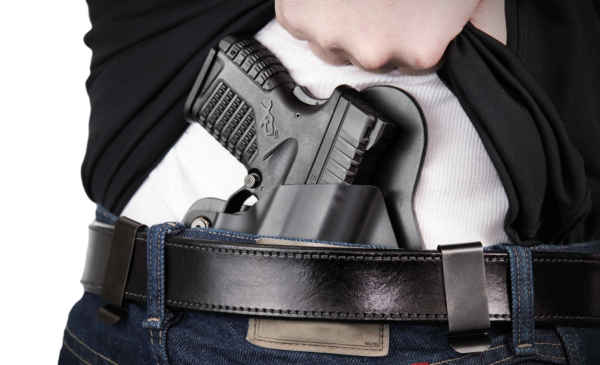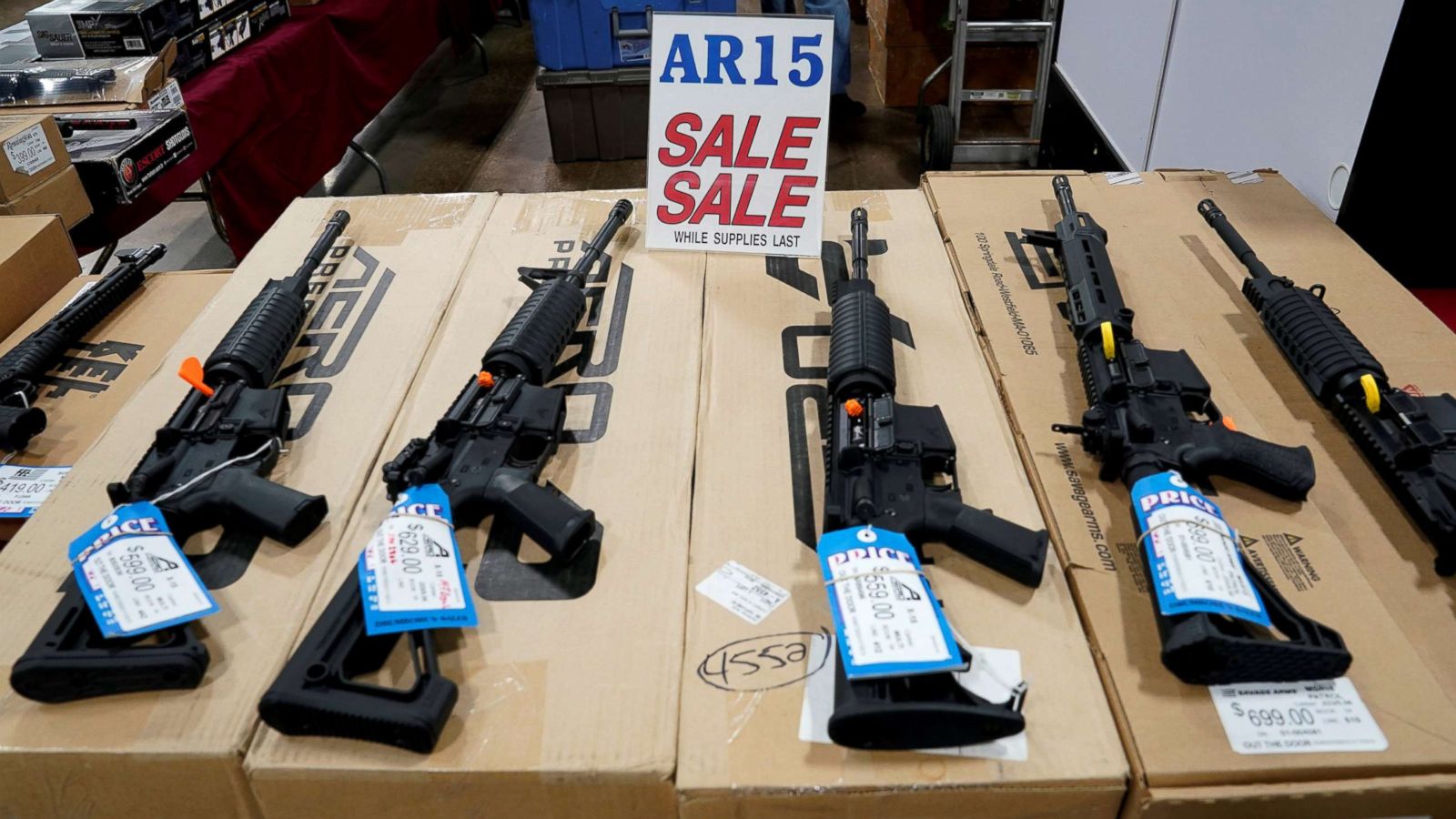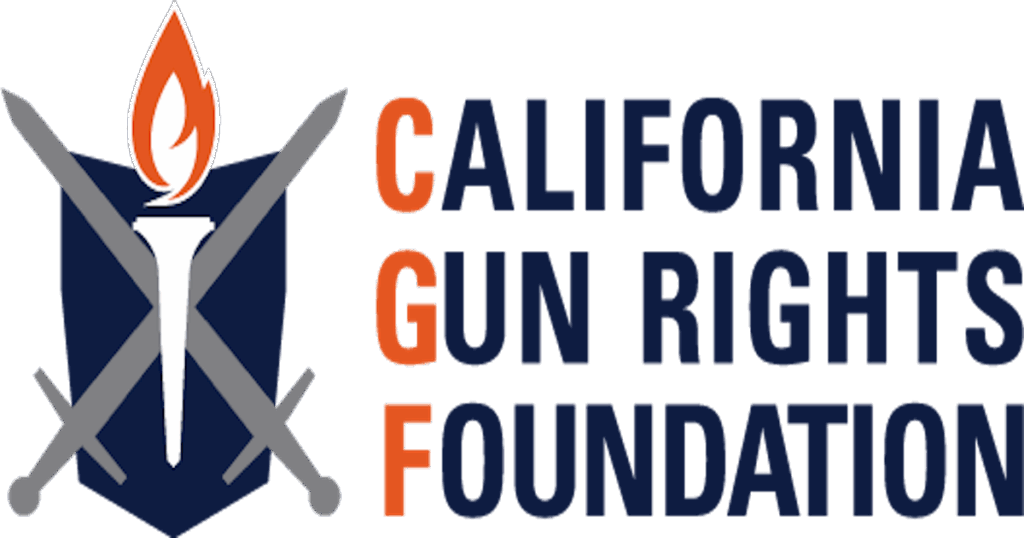A U.S. district court judge struck down several anti-gun measures in the Northern Mariana Islands.
The U.S. commonwealth became notorious earlier this year after it had passed some of the most onerous anti-gun laws ever, one of which included a $1,000 excise tax tacked onto handguns. Via Guns.com:
In her 55-page ruling, Manglona struck down a handgun registration scheme. “[B]ecause only a minority of jurisdictions have adopted firearm registration laws — even to this day — the Commonwealth’s firearm registration law cannot be presumptively lawful,” she said.
Next, the court struck down arbitrary rules on what constitutes an “assault weapon.” She clarified that rifle attachments such as pistol grips that protrude beneath the action, thumbhole stocks, folding or telescoping stocks, flare launchers, flash suppressors and forward pistol grips, make guns safer.
“To the extent that the Commonwealth worries about stray bullets striking innocent bystanders, features that make guns more accurate — as it appears most of the grips and the flash suppressor may do — actually serve public safety by making such stray shots less likely,” Manglona said.
Reacting to the government’s ban on public carry, Mangolia was frank. “The Court finds that the Second Amendment secures a right to bear arms for self-defense in public. Because SAFE completely destroys that right, it is unconstitutional regardless of the level of scrutiny applied, and the Court must strike it down,” she said.
Read more here.



